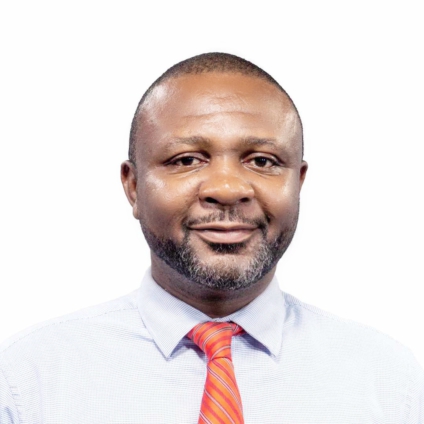NPP plans to introduce major tax reforms with the flat rate tax system. On the other hand, NDC is looking to revise some taxes, focusing on progressive taxation to fund social programs.
While flat taxes seem simple at first, they can become complicated due to exemptions, deductions, and special cases. This complexity can make flat taxes less effective, leading some countries to return to progressive tax systems. Countries like Latvia and Lithuania initially adopted flat taxes but later switched to progressive systems due to concerns about revenue and social equity. The shift was driven by the need to address income inequality and better fund public services.
The global economy has changed since flat taxes were first introduced. With the growth of digital economies, rising income inequality, and the need for more social protection, governments are reconsidering their tax strategies. Progressive taxes, where the wealthy pay a higher percentage of their income, are often better suited to today's challenges.
Critics argue that flat taxes are regressive, meaning they place a heavier burden on lower-income earners. As concerns about social equity grow, many countries are rethinking systems that could worsen income inequality. Progressive taxes are seen as fairer, ensuring the wealthy contribute more to society.
In many cases, flat taxes have not generated enough revenue to support government services, especially in countries with high income inequality. Data from the World Bank on the Gini coefficient for Ghana is around 43.5 while Estonia has 31.8. This means that Ghana has a higher income inequality. Therefore, progressive taxes allow governments to collect more from wealthier individuals and corporations, which is essential for funding social services and infrastructure.
Progressive taxation supports the funding of social welfare programs and public services. As populations age and income gaps widen, there is increasing pressure on governments to enhance these programs. A progressive tax system can help meet these needs by collecting more from those who can afford to pay. There is also growing public demand for tax systems that are seen as fairer. Progressive taxes are viewed as ensuring that the wealthy pay their fair share. Political movements pushing for income redistribution and social justice have gained momentum, influencing tax policy changes.
Flat taxes have the appeal of simplicity, applying a single rate to all income levels. This makes it easier for taxpayers to understand and for the government to manage. With fewer tax brackets and deductions, individuals and businesses spend less on tax preparation and compliance. Supporters argue that flat taxes are fairer because everyone pays the same rate, and they believe this system can encourage economic growth by reducing the penalty on earning more. The predictability of a flat tax can also attract foreign investment, as stable and transparent tax systems are often preferred.
However, as countries face economic challenges, many are finding that progressive taxes offer a more balanced approach. These systems not only address equity concerns but also provide governments with the revenue needed to support social programs and services.
Latest Stories
-
I can’t defend any NDC member, not even my twin brother – NPP’s Abanga Yakubu over brother’s probe in galamsey allegations
9 minutes -
Chief of Staff rolls out ‘Walk with Julius’ initiative to encourage healthy living, calls on corporate Ghana to join JoySports Invitational Tournament
3 hours -
NSMQ 2025: St Peter’s SHS claims 4th Eastern Regional title after intense showdown with Okuapeman and Pope John’s
3 hours -
Tera Hodges confirmed as speaker for Africa’s Women’s Day Virtual Celebration 2025
4 hours -
Gospel artiste Terry Johnson releases soulful new single “Ohe yɛ naakpɛɛ”
4 hours -
Nearly 200 Ghanaian students stranded as gov’t owes University of Memphis $3.6m
4 hours -
At least 14 dead in South Korea floods and landslides
5 hours -
You’ve kept to the objective – Chief of Staff Julius Debrah hails MGL
6 hours -
Cape Coast hosts final leg of National Talent Identification Program for Para athletes
7 hours -
ESG and Boardroom Decisions: How Non-Financial Drivers Shape Financial Outcomes
8 hours -
Robust anti-laundering fight critical for regional stability – Veep
12 hours -
Car ploughs into crowd outside LA nightclub, injuring 30
13 hours -
GNAT President calls for parliamentary legislation to protect reinstated PTAs
15 hours -
NPP Abanga blames his NDC twin brother for his misfortune
16 hours -
NPP Abanga breaks ranks to shield NDC twin brother in ‘galamsey’ accusations
16 hours

